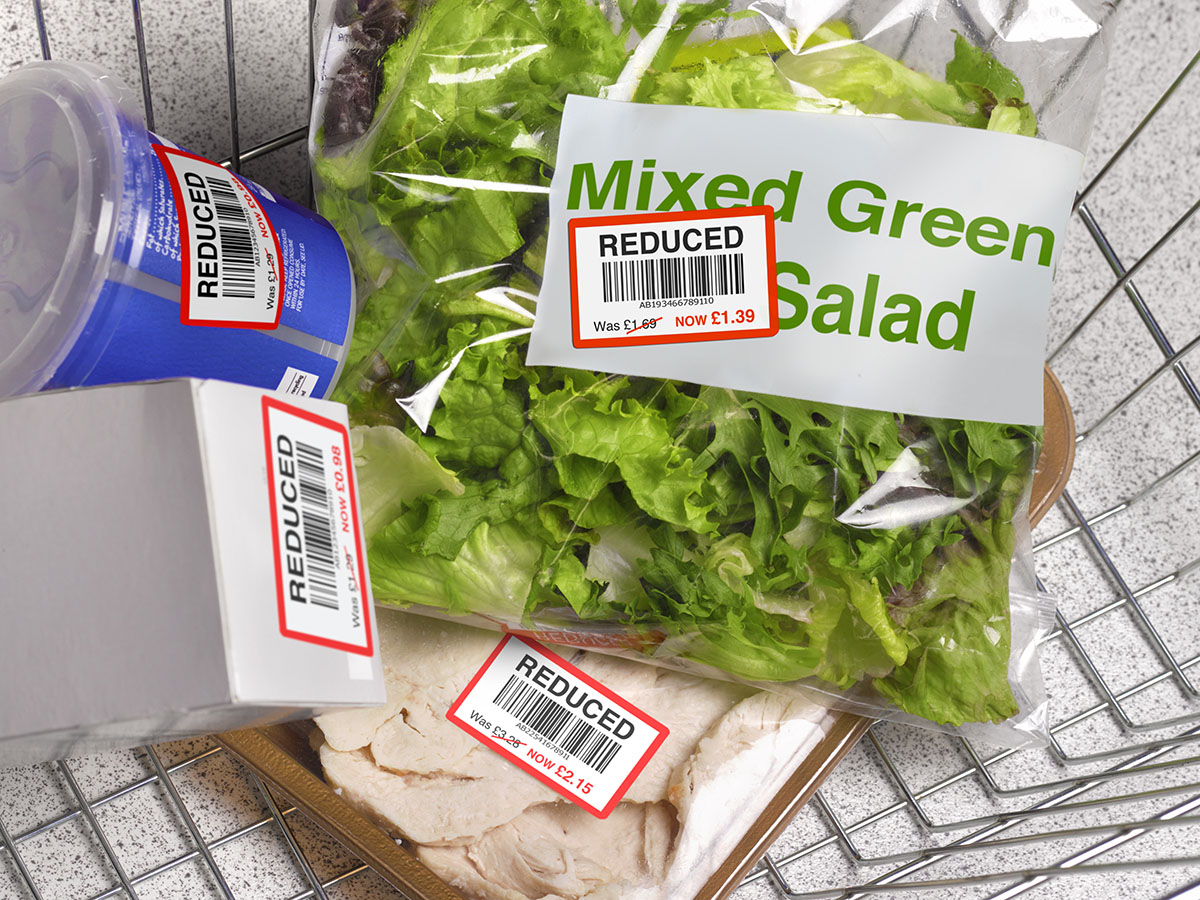How a mission to cut food waste launched a multimillion-dollar venture
Josh Domingues put purpose before profit when he created the Flashfood app to sell less-than-perfect groceries at discounted prices. A case study by Reza Satchu explores Domingues' successes and failures, and what other social entrepreneurs can learn
 Domingues is a fresh example of the growing number of social entrepreneurs whose credo is “putting purpose before profit
Image: Getty Images
Domingues is a fresh example of the growing number of social entrepreneurs whose credo is “putting purpose before profit
Image: Getty Images
On a hectic Friday in October 2016, Josh Domingues wondered if he had made a mistake quitting the security of a well-paying job managing contracts for professional hockey players to start a new venture selling nearly expired groceries at discount prices. After all, a trial run of the 27-year-old entrepreneur’s Flashfood app at a Toronto supermarket hadn’t gone well, ending with confusion among customers and ire from the store manager.
But Domingues, who had launched the app after learning that international food waste was the third-largest contributor to greenhouse gas emissions, remained focused on his mission to reduce waste—and eight years later, his risk has paid off.
The Flashfood app is now being tapped by customers in more than 2,000 supermarkets in the United States and Canada. What’s more, the app has kept 65 million pounds of almost-out-of-date produce, meat, and other food items from being thrown into landfills, and 130 million pounds of greenhouse gas emissions from that food out of the atmosphere.
Domingues is a fresh example of the growing number of social entrepreneurs whose credo is “putting purpose before profit,” as Harvard Business School Senior Lecturer and serial entrepreneur Reza Satchu chronicles in a 2024 case study, “Flashfood: The Magic of Commitment.”
Satchu, a senior lecturer in the Entrepreneurial Management Unit, is founder and managing partner of the investment management company Alignvest Management Corporation and founding chairman of the NEXT Canada network of entrepreneurs and investors. He says many hopeful entrepreneurs can learn important lessons from Domingues’ persistence.
This article was provided with permission from Harvard Business School Working Knowledge.

















